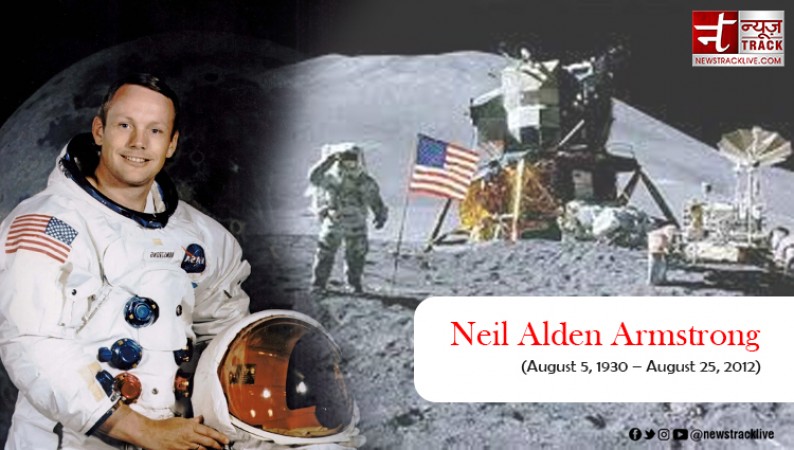
Neil Alden Armstrong, an American astronaut, aeronautical engineer, naval aviator, test pilot, and university professor, was born on August 5, 1930, in the quiet town of Wapakoneta, Ohio. He would go on to make history on July 20, 1969, as the first person to set foot on the Moon during the iconic Apollo 11 mission. As we celebrate his birthday, it is essential to reflect on the remarkable legacy he left behind and the indelible mark he made on human space exploration.
Armstrong's journey to becoming an astronaut began with his passion for flight and engineering. Growing up in Wapakoneta, he developed a deep fascination with airplanes and the skies above. After completing high school, Armstrong enrolled at Purdue University, where he studied aeronautical engineering, laying the foundation for his future career.
His pursuit of excellence led him to serve as a naval aviator during the Korean War, where he flew 78 combat missions. Armstrong's exceptional piloting skills and his ability to remain cool under pressure caught the attention of NASA, and he was selected as an astronaut in 1962, joining the second group of astronauts known as the New Nine.
In the years leading up to the Apollo 11 mission, Armstrong contributed to several important space missions, including the Gemini 8 mission in 1966, where he became the first civilian to fly in space. During the mission, an on-board thruster malfunctioned, sending the spacecraft into a dangerous spin. However, Armstrong's quick thinking and decisive actions helped him regain control and avert disaster.
But it was the Apollo 11 mission that would forever define Armstrong's place in history. On that fateful day in July 1969, millions of people around the world watched in awe as the lunar module, with Armstrong and fellow astronaut Buzz Aldrin aboard, descended to the lunar surface. The tension was palpable as Armstrong had to take over manual control of the spacecraft to navigate safely to a flat landing site.
Finally, at 10:56 p.m. EDT, Armstrong descended the ladder and stepped onto the Moon's surface, uttering the famous words, "That's one small step for [a] man, one giant leap for mankind." His words resonated with people across the globe, encapsulating the significance of the moment and the triumph of human ingenuity and exploration.
During their time on the lunar surface, Armstrong and Aldrin conducted experiments, collected samples, and planted the American flag, marking an unprecedented achievement for the United States and humanity as a whole. Armstrong's humility and focus on the mission's success exemplified the qualities of a true pioneer and hero.
After returning from the Moon, Armstrong continued to work at NASA and later taught aerospace engineering at the University of Cincinnati. He also served on various boards and commissions, providing his expertise to the advancement of space exploration.
Neil Armstrong's legacy extends far beyond his historic Moon landing. His contributions to aerospace engineering and space exploration continue to inspire generations of scientists, engineers, and dreamers. His dedication to excellence, courage in the face of the unknown, and unyielding pursuit of knowledge serve as a guiding light for all those who seek to push the boundaries of human achievement.
On his birthday of the extraordinary man, let us remember Neil Armstrong not only for that "one small step" but for the giant leap he took for humanity, proving that with determination and vision, the impossible can become reality. Happy birthday, Neil Alden Armstrong! Your footprints will forever remain on the Moon and in the hearts of all those who look to the stars with wonder and curiosity.